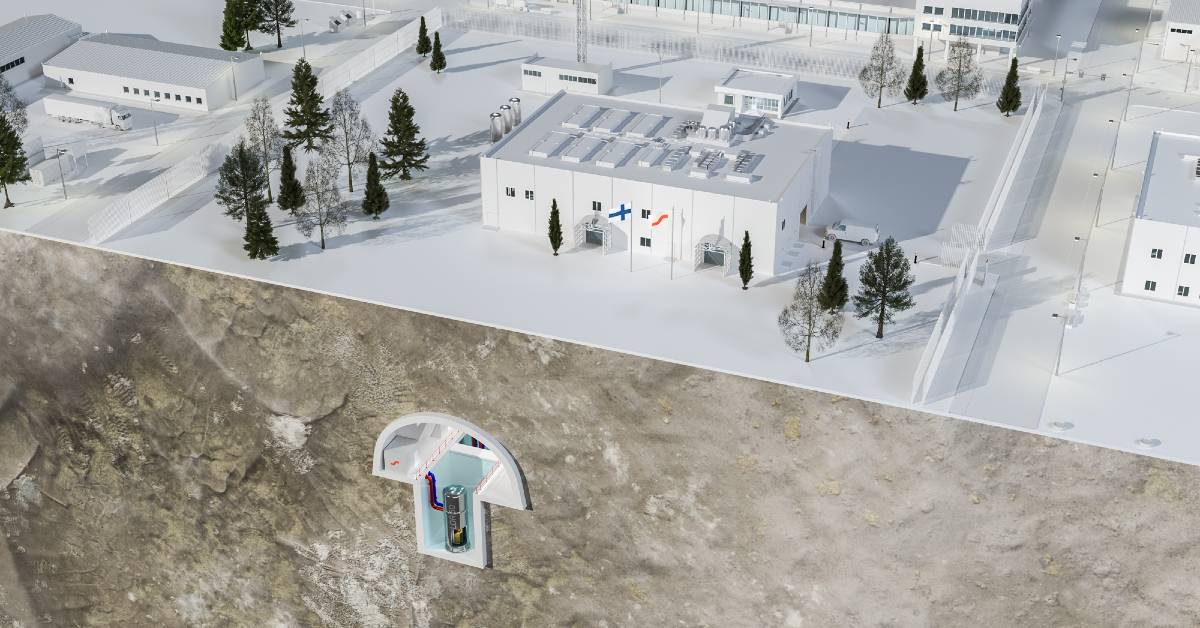Sheffield-based Phlux Technology, a photonics company developing high-performance infrared sensors, announced on Wednesday that it has raised £4M (approximately €4.63M) in a Seed round of funding from leading deep tech investors.
Phlux Technology, a spin-off of Sheffield University, has developed a method for infrared sensors to enhance their performance in LIDAR (light detection and ranging) systems. The startup has used its in-depth research into Antimony, the semi-metal element, to develop this. The new architecture is 10 times more sensitive and with 50 per cent more range compared to equivalent sensors. As a result, the cost of manufacturing LIDAR sensors has decreased and opened up mass market adoption.
Investors in this round
The round was led by Octopus Ventures and includes Northern Gritstone, the Foresight Williams Technology Funds, the Innovation Fund, as well as Innovate UK.
Amy Nommeots-Nomm, a deeptech Investor at Octopus Ventures, says, “We are delighted to be leading this investment round for Phlux Technology, as this innovative breakthrough is critical to the future direction of transport, communication and emission monitoring systems. Today, there is market consolidation among the silicon-based sensor companies, precisely because they can’t solve the problem that Phlux has cracked, making its potential hugely exciting.”
Developing high-performance infrared sensors
Phlux Technology was founded in 2020 by Ben White, Prof. Jo Shien Ng and Prof. Chee Hing Tan, who met at Sheffield University where they researched novel semiconductor materials and devices for infrared detection.
The world’s first Antimonides-based LIDAR receiver chip has been created by Phlux Technology. The company is developing integrated subsystems and array modules to provide a high-performance sensor toolkit. According to the company, this toolkit will have uses beyond LIDAR in satellite communications and enabling the internet in remote areas, fibre telecoms, autonomous vehicles, gas sensing, and quantum communications.
Co-founder Ben White says, “Our ambition is to become the Nvidia of the infrared sensor market, starting off with delivering the world’s first LIDAR receiver chip using Antimony. Industry will never achieve full autonomy with LIDAR if it relies on silicon-based sensors, so our approach will reshape the sensor market for robotics and self-driving machines. We are delighted to be spinning Phlux out of Sheffield University at a time when it has ambitious plans to become a global centre of excellence for semiconductor research and the UK is looking to demonstrate its capabilities as a global science superpower.”
The company is located in one of the world’s leading centres for III-V semiconductor research, with “world-class” research and facilities at Sheffield University, and The National Epitaxy Facility, which was awarded £12M from UK Research and Innovation (UKRI).
Funds for commercialisation
As part of the initial step of commercialisation, Phlux says it has created a single-element sensor for the Phyllo series of products that can be retrofitted into current LIDAR systems.
For the long term, the company is building an integrated subsystem and array modules forming a high-performance sensor toolkit. And over the next year, it will grow its engineering team in areas such as fabrication, mixed signal circuit design, optics and testing.
Matthew Burke, Head of Technology Ventures at Williams Advanced Engineering, says, “Increasing sensor performance while driving down cost are key enablers for accelerating the uptake of higher levels of driving automation and with this seed funding, we look forward to seeing Phlux’s sensor technology transition to full commercialisation.”
Working with QLM
Phlux Technology was recently awarded an Innovate UK project with Quantum success story QLM, developing sensors for a LIDAR-based camera monitoring greenhouse gas emissions.
Murray Reed, CEO of QLM, says, “We are excited to be working with Phlux to develop sensors for our single-photon LIDAR for the measurement of greenhouse gas emissions. Climate control requires a very large-scale deployment of monitoring solutions, which demands low-cost technology and complete supply chain control of critical components such as sensors. Phlux’s technology is particularly exciting as it offers a higher performing alternative to the current approach and opens up a new UK supplier with significant potential for us.”










01
From telecom veteran to Dutch Startup Visa success: The Jignesh Dave story